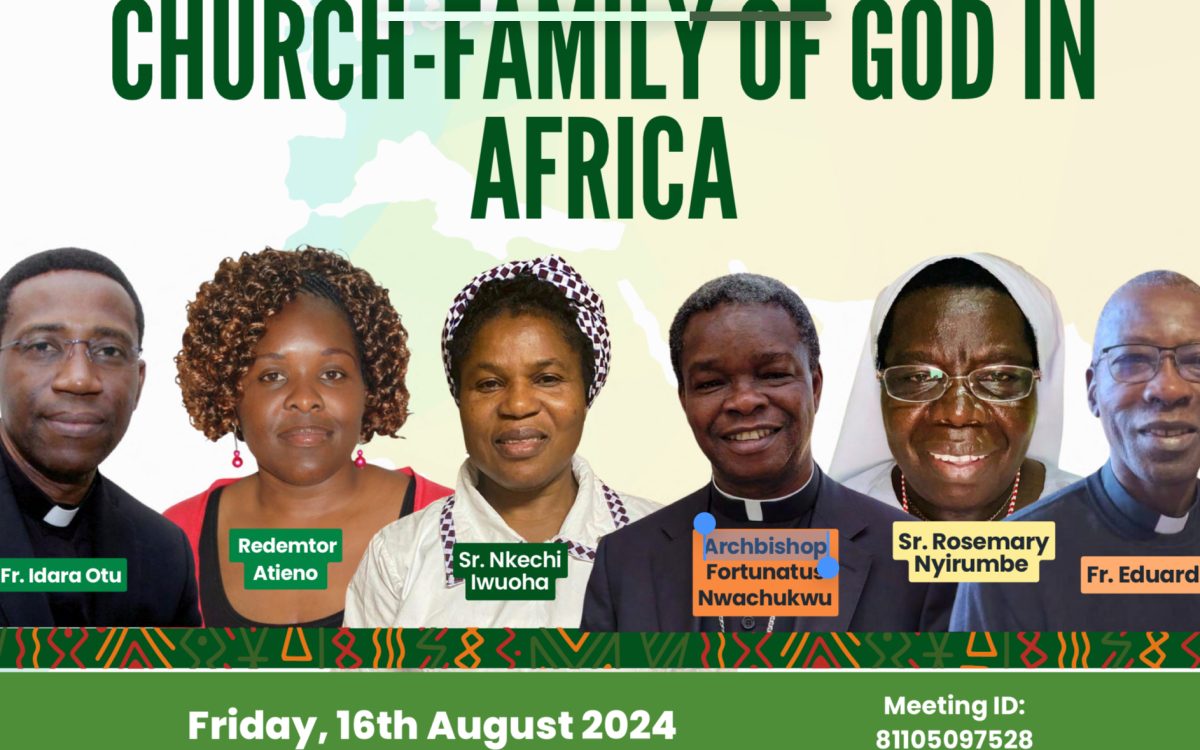In the context of Vatican II, the bishop’s role has always been central to the unity of the Church, primarily through Lumen Gentium and Christus Dominus. Archbishop Edward Tamba Charles of Freetown stresses, “The bishop’s leadership is vital in guiding the faithful and ensuring that the Church’s mission is fulfilled in a spirit of communion, participation, and mission.” He further emphasizes that this leadership is essential in a Synodal Church, where bishops “must listen and empower others to share in the Church’s mission.” However, the real question he raises is how African bishops can genuinely embody this role and foster a Church that is both inclusive and co-responsible.
Revitalizing the Church, Not Reinventing It
“The synodal process is not about reinventing the Church; it’s about revitalizing it,” Archbishop Charles clearly states. He explains that the bishop’s duty is to “engage all sectors of the Church as a synodal family of God.” This involves reviving structures such as the College of Consultors, the Presbyteral Council, and the Laity Council. For him, the goal is simple: “Create a Church where no one is left out—where every baptized person has something valuable to offer.” He reminds us that the African Church, in particular, must ensure that this “synodal family” is genuinely inclusive and that all voices are heard.
Selecting the Right Leaders for a Synodal Church
Leadership in a Synodal Church demands more than just spiritual insight; it requires fostering dialogue and inclusivity. Archbishop Charles insists, “Bishops must be selected not only for their pastoral capabilities but for their ability to promote synodality within their dioceses and collegiality with other bishops.” He underscores that fostering solid relationships with the Roman Curia and the Bishop of Rome is critical for the Church to operate as a cohesive unit. He adds, “The criteria for selecting bishops should prioritize candidates who demonstrate the ability to manage healthy or respectful relationships.” In his view, leadership in a Synodal Church is about “collaboration and shared responsibility, not mere authority.”
Broader Consultations: A Path to True Synodality
One of the most pressing concerns Archbishop Charles raises is the need for broader consultations in selecting bishops. While calling for greater involvement of the laity, he notes that the process must remain free from tribal, ethnic, or political influences. He acknowledges the complexity of this issue, saying that involving more people in the process is not wrong, but care must be taken to ensure that this does not become a tool for exclusion. For the African Church, finding the balance between greater lay involvement and preserving the integrity of the selection process is vital. He argues that only by doing so can the Church ensure that its leaders are chosen for their ability to guide a Synodal Church “rather than for their affiliations or background.”
In conclusion, Archbishop Edward Tamba Charles challenges the African Church to rethink the exercise of episcopal authority. He calls for revitalizing structures, selecting inclusive leaders, and broadening consultations so that bishops can lead the Church in Africa toward a future where synodality is not just an ideal, but a lived reality. “The call for a Synodal Church,” he asserts, “is a call for a Church that listens, includes, and works together for the greater good.”
To Know More, Read The Summaries Of The Past Conversations
-
Facebook
-
Twitter
-
Linkedin
-
Whatsapp






